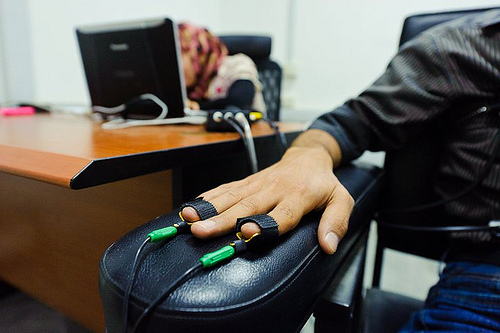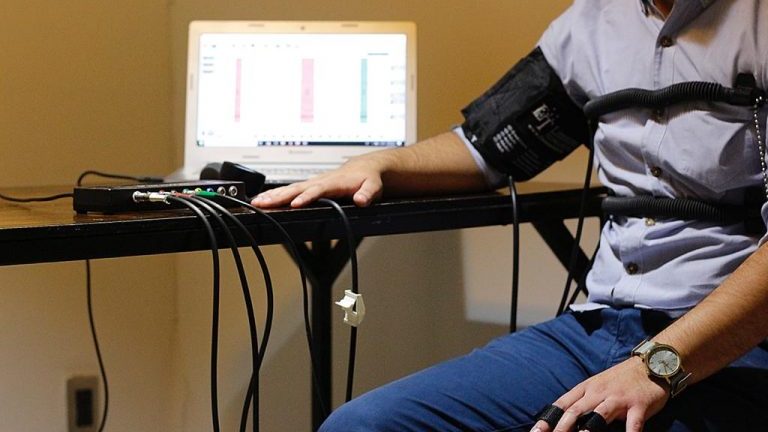In Spain, pruebas de poligrafo, regularly known as untruth identifier tests, are increasingly being used in high-risk industries to support integrity and safety. These areas, including security, finance, and transportation, face novel difficulties that require stringent measures to guarantee functional, unwavering quality and protect delicate information.
High-risk industries are especially powerless against issues of trust and security. For instance, in the security area, workers are frequently dependent on touchy information and basic obligations that could affect public safety. By incorporating polygraph testing, associations can screen expected recruits and lead intermittent keeping an eye on current representatives, in this way reducing the risk of insider dangers and breaks.
Essentially, the financial area in Spain manages tremendous measures of delicate information and critical money-related resources. Financial institutions should forestall extortion and theft to maintain trust and steadiness. The tests can assume a part in enhancing internal safety efforts by evaluating the trustworthiness of representatives involved in financial exchanges or those handling secret information. This proactive methodology prevents deceptive behavior and reinforces a culture of straightforwardness and responsibility within the association.

The transportation industry, which envelops both coordinated factors and traveler administrations, additionally profits from the utilization of these tests. Ensuring the safety of activities and the security of travelers is basic. For instance, in jobs, for example, freight handling or in places that involve admittance to high-security regions, polygraphs can assist with verifying the dependability and integrity of workers. This can be especially significant in preventing burglary, harm, or other security intrusions that could have serious outcomes.
While the tests offer significant advantages, perceiving their limitations is significant. The precision of polygraphs can be influenced by different variables, including the individual’s personal state and the expertise of the examiner. Therefore, it ought to be utilized as one part of a thorough security technique as opposed to the sole measure for ensuring integrity and safety.
In Spain, the utilization of polygraph tests in high-risk industries addresses a pledge to maintaining high standards of integrity and safety. By integrating these tests into their security conventions, associations can all the more likely safeguard their activities and resources. Nonetheless, it is significant that these tests are directed morally and expertly, with deference for individual protection and in accordance with applicable guidelines.
The pruebas de poligrafo are emerging as an important device in Spain’s high-risk industries, helping to improve integrity and safety. When utilized suitably, they add to a safer and dependable functional climate, supporting the general steadiness and viability of basic areas.



